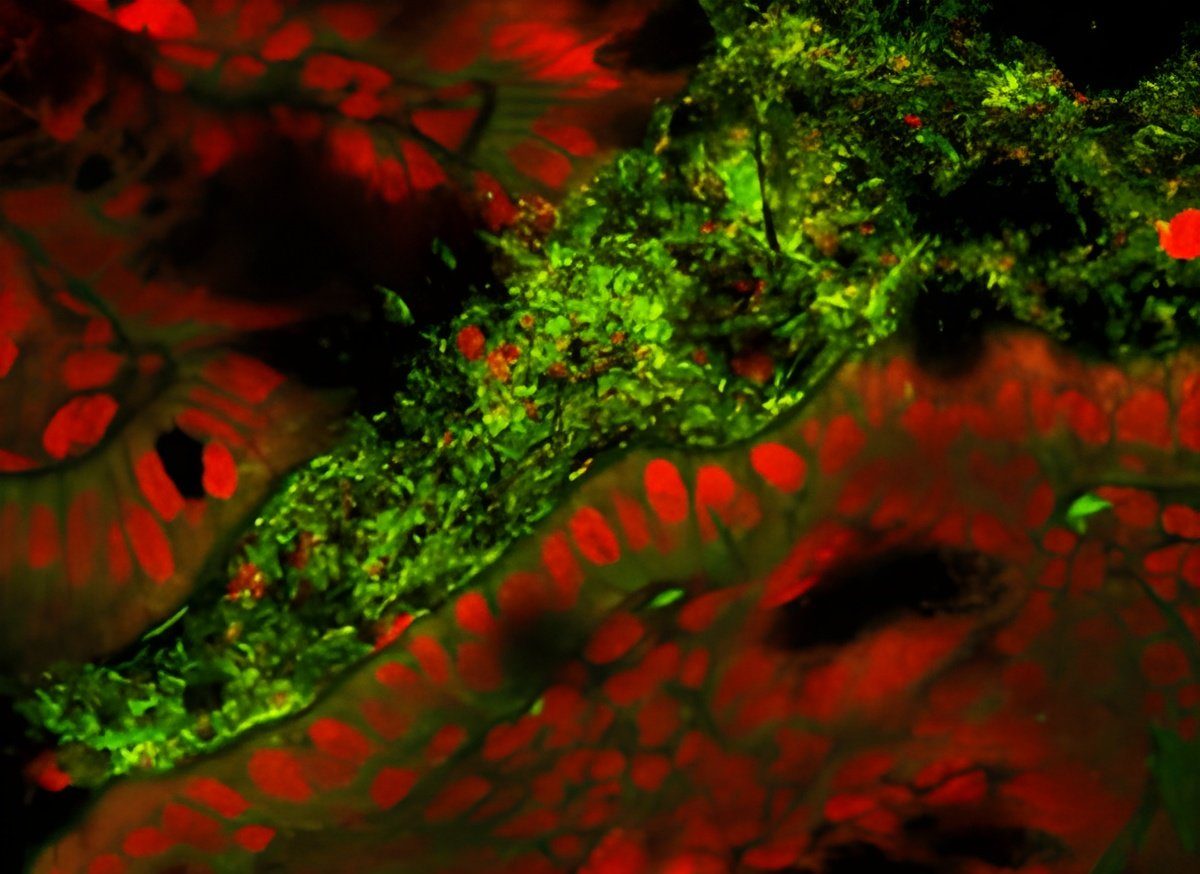The research published in Gut investigates how unhealthy patterns in the gut microbiome are associated with increased mortality risk following solid organ transplantation.
The study found that deviations from a normal microbial profile, known as gut dysbiosis, were significantly linked to higher rates of death among transplant recipients, regardless of the type of organ transplanted (kidney, liver, lung, or heart).
Prior studies have highlighted the influence of gut microbiome composition on various diseases like inflammatory bowel disease and diabetes. However, few have examined its impact on long-term survival in transplant recipients, who often exhibit higher prevalence of gut dysbiosis.
The analysis included 1,337 fecal samples from 766 kidney, 334 liver, 170 lung, and 67 heart transplant recipients, comparing their gut microbiomes with those of 8,208 individuals from the general population in the same geographic region.
Recipients had an average age of 57, with a majority being male, and had received their transplants approximately 7.5 years earlier on average.
Over a follow-up period of up to 6.5 years, 162 recipients died, primarily due to infections, cardiovascular diseases, cancer, and other causes.

The study examined several markers of gut dysbiosis, such as microbial diversity, divergence from typical population microbiomes, prevalence of antibiotic resistance genes, and virulence factors aiding bacterial survival.
The findings indicated that greater divergence in microbiome patterns from the general population correlated with increased mortality risk after transplantation, irrespective of the specific cause of death.
Specific bacterial species were identified that either increased or decreased the risk of death from all causes, including infections and cancer. For example, species like Clostridium were associated with higher mortality, whereas others, such as butyrate-producing bacteria, were linked to lower mortality risks.
The study acknowledges its observational nature, emphasizing that definitive causal relationships between specific bacteria and mortality cannot be established solely from these findings.
Nevertheless, the results suggest potential implications for future research into microbiome-targeted therapies aimed at improving outcomes for transplant recipients.
In summary, the study contributes to mounting evidence supporting the role of gut microbiome composition in long-term survival following solid organ transplantation.
It calls for further investigation into microbiome-based interventions that could potentially enhance patient outcomes, contingent upon future research establishing causal links.
